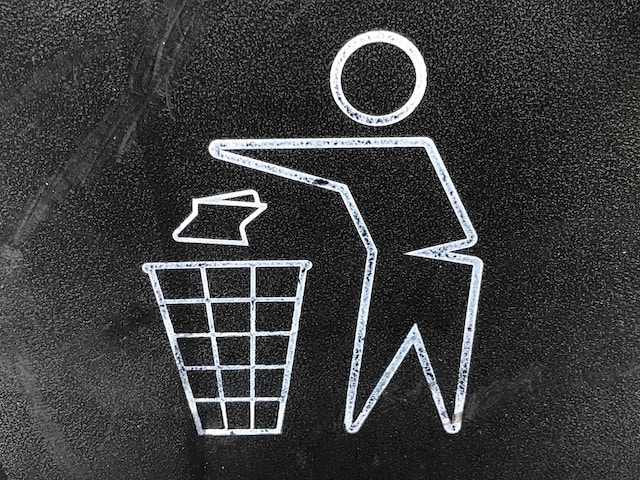E-waste is a dangerous pollutant that contains toxic heavy metals like lead, mercury and cadmium. These metals can leach into soil and water, causing health problems in humans and animals.
Recycling e-waste is an important step in reducing the amount of discarded electronics. However, it is also essential to only purchase new devices once you are certain you need them.
Recycling
E-waste, which includes old cell phones, computers, monitors and printers, is one of the fastest-growing waste streams in the world. It can contain hazardous metals, including lead, arsenic, cadmium and mercury. These elements harm workers handling them in Third World landfills and scrapyards.
Recycling e-waste is both environmentally and economically sound. Recovering metals from e-waste, known as urban mining, uses less energy than mining them from ore. In addition, upgrading an older laptop or computer to meet new performance requirements is more sustainable than buying a new device.
Donating working electronics to schools, churches and charitable organizations is another reliable option. If you’re concerned about where your donated items end up, look for a recycler with accreditation under the R2 and e-Stewards certification standards. You should also understand what is ecoatm? These programs promote best practices for environmental, worker health and safety, and data security. The EPA also offers a searchable database for local electronics recyclers that follow these standards.
Disposal
Electronic waste, or e-waste, is the fastest-growing waste stream globally due to shortened product lifespans and society’s demand for newer high-tech devices. These devices contain precious metals like gold, silver and copper and toxic materials such as lead, mercury and brominated flame retardants that seep into soil and waterways, contaminating ecosystems and harming human health.
Depending on the type of device, reusing, donating, or recycling are your best options for getting rid of old electronics without contributing to the world’s mounting e-waste problem. However, before you recycle or donate your computer, tablet or cell phone, be sure to “wipe” your hard drive so no one can retrieve personal data. Most recyclers, like ecoATMs near me, offer this service for a fee, but you can also find free downloadable software to wipe your hard drive.
Pharmaceutical and biotechnology companies often use specialized equipment like centrifuges, incubators, spectrum analyzers, pipet machines and microscopes with sensitive data that must be securely wiped when a device is disposed of. Partnering with a professional IT asset disposition (ITAD) specialist ensures that all data is erased and the devices can be properly recycled.
Hazardous Materials
The toxins in a broken TV, a pile of unsorted cables or that old keyboard could pose a real danger to anyone who comes into contact with them. The chemicals, heavy metals and other materials that e-waste contains pollute the soil, water and air, causing cancer, congenital disabilities, and various health problems.
When buried or incinerated, e-waste also releases hazardous materials into the atmosphere. It leaches them into soil and water, where they can cause kidney failure, bone damage, asthma, mental illness and even death. The smouldering smoke from burning e-waste can also lead to respiratory ailments and fire hazards.
The most effective way to deal with this problem is to have all manufacturers require their products to be recycled and set strict goals for recycling rates. Laws like the ones in Europe that will soon require electronics makers to help pay for recycling are a good start. They will make manufacturers design their products to be more environmentally friendly and durable, which will, in turn, lead to better recycling rates.
Legal Requirements
Many states and local municipalities have laws regarding the disposal of electronic devices. Including e-waste with trash or recycling is illegal and may be subject to fines if it is not recycled properly. In addition, it is important to be aware of the environmental and social impact of the manufacturers whose products you purchase.
Small businesses are responsible for ensuring that sensitive data stored on old computers is wiped from hard drives before disposing of them and that data breaches do not occur that could cause financial loss or reputation damage. A robust ITAD policy is critical to achieving sustainable ITAD practices.
In New York State, IT equipment must be broken down to the component level and recycled. Some specialist IT disposal companies will also destroy the data on a device before recycling and can supply you with a certificate of destruction.

